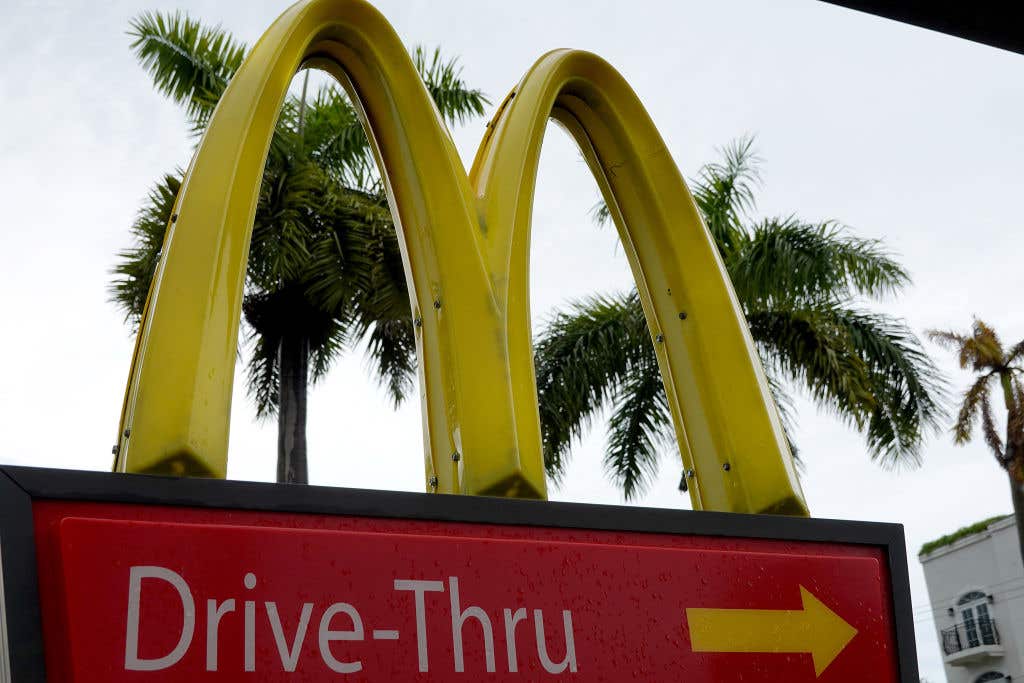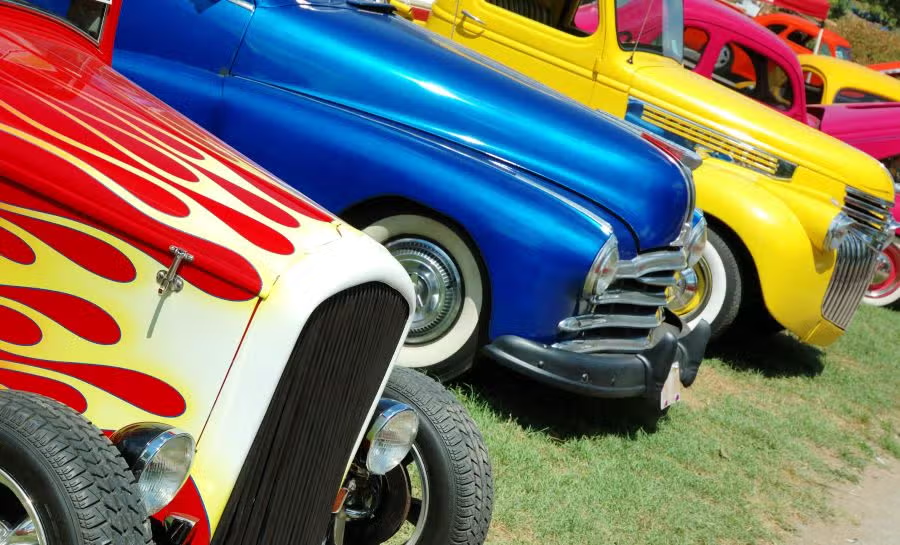
Not so Fast McDonalds...
The fast food world is in a frenzy over some BIG news: McDonald's is changing its burgers! The fast food giant has decided to give its core menu items a revamp, and the changes are set to shake up the burger scene.
According to CNN, the iconic Big Mac is getting even bigger and messier with more of its special sauce. I mean, who doesn't love a sauce that's a bit messy? It's like wearing your food on your face is a new trend. And not only that, but the buns are also getting a makeover, described as "pillowy" and "toasted to a golden brown." Finally, the buns won't be like hockey pucks anymore! I can hear the cheers of burger lovers everywhere.
But wait, there's more! The cheese will be meltier, which means the cheese pull Instagram videos will now be even more drool-worthy. And the onions will be added to the grill to give them a caramelized flavor. Now, that's fancy.
McDonalds Changes:
And don't worry, it's not just the Big Mac that's getting the upgrade. Regular hamburgers, cheeseburgers, double cheeseburgers, and McDoubles are also getting a facelift. McDonald's is basically giving their whole menu a makeover, and I am here for it.
But as we all know, not every change is a good change. In fact, some changes can be downright disastrous.
That's why we've compiled a list of the 10 worst product changes made by big corporations that backfired. From New Coke to Crystal Pepsi to the infamous Gap logo redesign, we'll take a look at the products that flopped and the lessons that big corporations learned from their mistakes.
But don't worry, this isn't just a list of failed products. It's a chance to laugh at the absurdity of some of these changes and to reflect on how even the biggest companies can make colossal blunders. So sit back, relax, and prepare to cringe at the misguided attempts of some of the world's most powerful corporations to capture our hearts and wallets.
But remember, behind every failed product is a team of hardworking people who had good intentions. We're not here to shame anyone, but rather to learn from the mistakes of the past and to appreciate the products that have stood the test of time. So join us as we take a trip down memory lane and revisit the products that made us scratch our heads and say, "what were they thinking?"
New Coke
In 1985, Coca-Cola made a drastic change to its popular soft drink by introducing New Coke. The new formula was sweeter and smoother than the original, but it did not sit well with loyal Coca-Cola drinkers. The backlash was so severe that the company had to bring back the original formula, which it called Coca-Cola Classic, just three months later. While New Coke did eventually find its place in the market, it was a costly mistake for Coca-Cola.
Windows 8
Microsoft released Windows 8 in 2012, which featured a radical redesign of the operating system. The new design, which was geared towards touch screen devices, received a lot of criticism from users who found it confusing and difficult to use. As a result, many users stuck with older versions of Windows or switched to other operating systems. Microsoft eventually released Windows 10, which was better received by users.
Tropicana Redesign
In 2009, Tropicana changed the packaging of its popular orange juice. The new packaging featured a more minimalist design and removed the familiar orange with a straw from the carton. The change was not well received by consumers, who found it difficult to identify the brand on store shelves. As a result, sales of Tropicana dropped by 20%, and the company was forced to revert to its original packaging.
Netflix Announces Qwikster
In 2011, Netflix announced that it would split its DVD-by-mail service and its streaming service into two separate companies. The DVD service would be renamed Qwikster and would operate separately from the streaming service. The move was met with widespread criticism from users, who found it confusing and inconvenient to have to manage two separate accounts. Netflix eventually abandoned the Qwikster idea and kept both services under one company.
Gillette Toxic Masculinity Ad
In 2019, razor company Gillette released an ad titled "We Believe" that addressed issues of toxic masculinity and sexual harassment. The ad was met with a strong backlash from some consumers, who felt that the ad was attacking men as a group. The controversy led to a decline in sales for Gillette, and the company later announced that it would be changing its marketing strategy.
Crystal Pepsi
In 1992, soft drink company PepsiCo introduced Crystal Pepsi, a clear cola beverage that was meant to appeal to health-conscious consumers. However, the product failed to catch on, and consumers found the taste to be similar to regular Pepsi. Crystal Pepsi was eventually discontinued, but the product has since gained a cult following.
The Arch Deluxe
In 1996, fast-food giant McDonald's launched the Arch Deluxe burger, a premium burger aimed at adults. The burger featured a special sauce and was marketed as a more sophisticated option than McDonald's traditional menu items. However, the product failed to resonate with consumers, and McDonald's ultimately discontinued it after just a few years.





